The Prediction Machine
October 18, 2014
Last week the Environment and Society research group in the School of Geography was treated to a seminar by artist and researcher Rachel Jacobs. Rachel mainly talked about her most recent commission that came from Radar Loughborough University Arts with support from the Geography Department at Loughborough University – ‘The Prediction Machine’. Rachel was one of …
Seashells, pirates and Mr William Bulkeley’s Diaries
September 29, 2014
William Bulkeley day On the 19th and 20th of September, we had the privilege of being asked to participate in the events surrounding the launch of the online digital versions of the diaries of Mr William Bulkeley (held at Bangor University Archives). The diaries represent an important source on the social history of Anglesey during …
St Kilda: Extreme Weather on the Edge of the World
August 4, 2014
St Kilda: an island community’s perception of weather St Kilda is an isolated archipelago forty-one miles west-northwest of North Uist in the North Atlantic Ocean comprising the islands of Hirta, Soay, Boreray and Dun, as well as several sea stacks, and are the westernmost islands of the Outer Hebrides of Scotland. It is an interesting …
Extreme weather at the WCEH, Guimaraes, Portugal
July 14, 2014
World Congress on Environmental History (WCEH) This week Georgina and I were lucky enough to be able to attend the 2nd World Congress on Environmental History (WCEH) in Guimaraes, Portugal. Although this trip wasn’t an official part of the Weather Extremes project, the conference included lots of talks on extreme weather events from a variety …
Getting into the archive – The Buildwas Earthquake of 1773: an earthquake or a landslip?
June 30, 2014
Cartographic and textual sources Early in the morning of the 27th May 1773, a remarkable earthquake or rather landslip occurred at a place called ‘the Birches’ located on the hillside above the River Severn between Buildwas and Coalbrookdale, Shropshire, not far from the site of the present day Ironbridge power station (see featured image above). …
Getting into the Archive – The Hingham Town Book (part 2)
June 9, 2014
The Hingham Town Book A few weeks ago, Lucy reported on her recent visit to Norfolk Record Office. A source which I alerted her to following discussion with members of the British Agricultural History Society at the annual spring conference was the Hingham Town Book. As Lucy noted in her blog, the Hingham Town Book, …
Getting into the archive: Joseph Woolley’s diaries
May 23, 2014
Joseph Woolley This week I thought I would detail another source that I’ve been working on in Nottinghamshire Archives. Born c. 1773, Joseph Woolley was a framework knitter and stocking maker from Clifton, Nottinghamshire. There are 6 surviving volumes of diaries, for the years 1801, 1803, 1804-05, 1809, 1813, and 1815. The series record personal …
Historical perspectives on extreme weather
May 8, 2014
This week I wanted to use my blog post to explore historical perspectives on extreme weather whilst also publicising a couple of activities and events involving members of the project team. Our project aims to build up a database of information relating to extreme weather events of the past that we hope will be of …
Getting into the Archive – The Hingham Town Book (part 1)
April 24, 2014
A trip to Norfolk Record Office A few weeks ago I began exploring the collections of Norfolk Record Office (NRO), looking for information on extreme weather events experienced in the East Anglia region, another of our case study areas. I went equipped with a list of material of interest, generated with the help of searches …
Frost Fairs at the Museum of London
March 4, 2014
Last week I visited a small display at the Museum of London about frost fairs on the Thames. Frost fairs had a carnival like atmosphere and combined market stalls with street entertainments set upon the river near London Bridge. They took place on the Thames in years where the depth of ice was sufficiently thick …

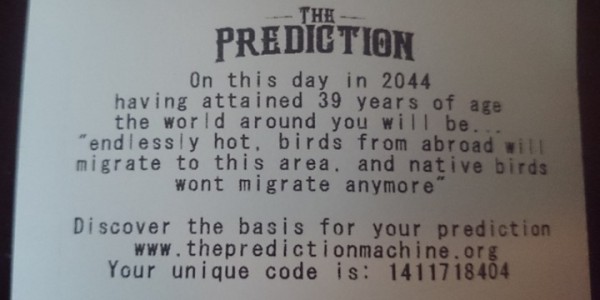
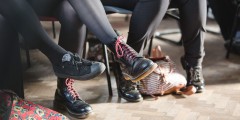
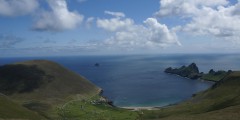
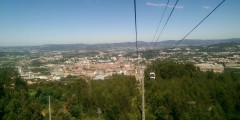
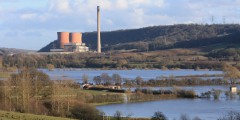
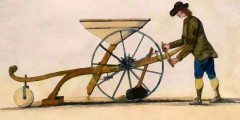

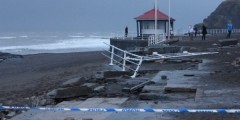
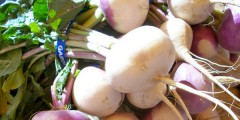
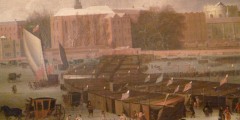
Recent Comments